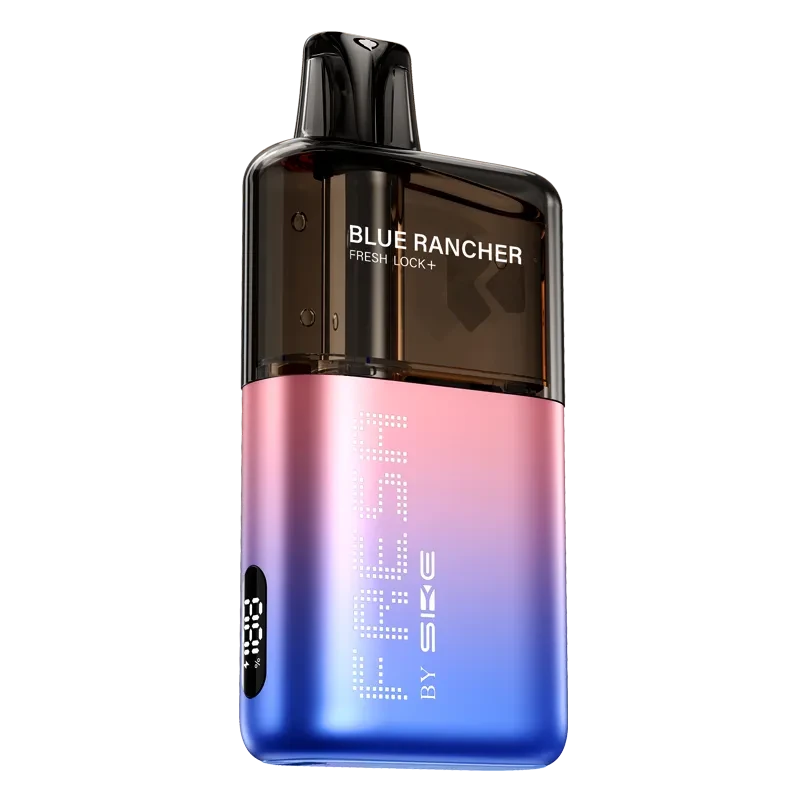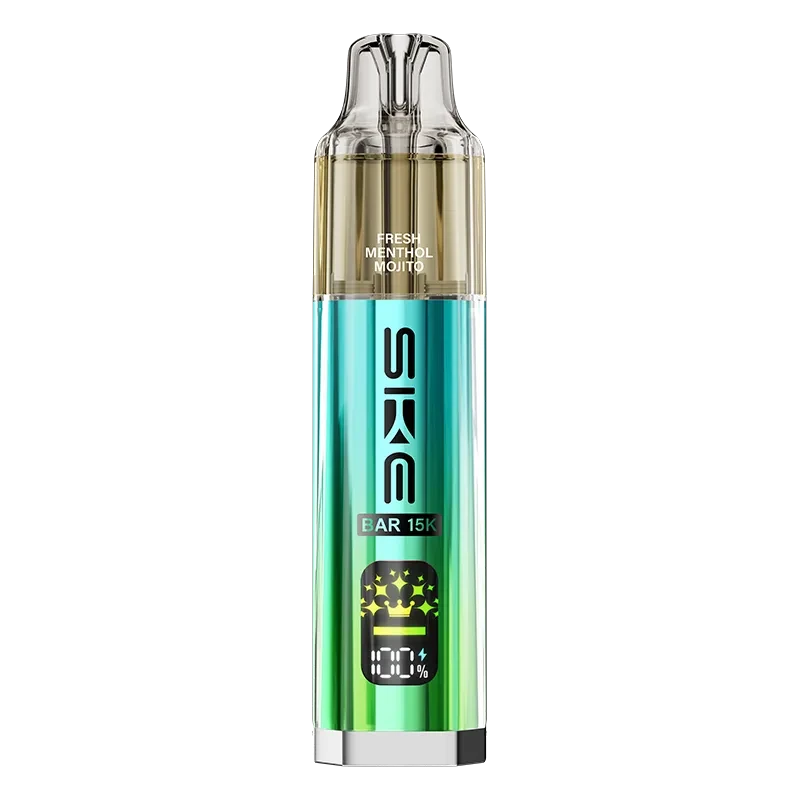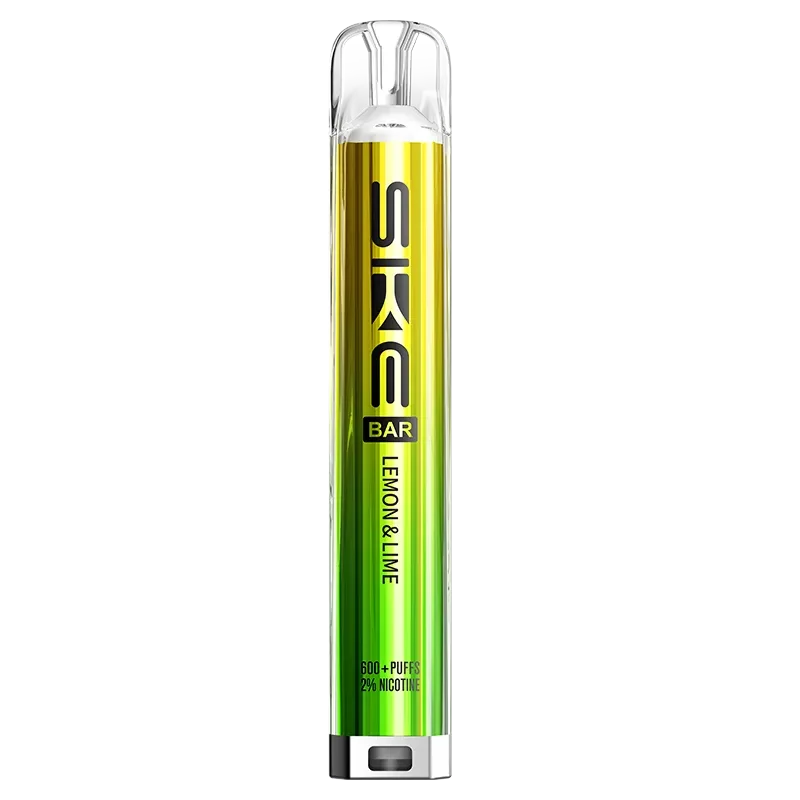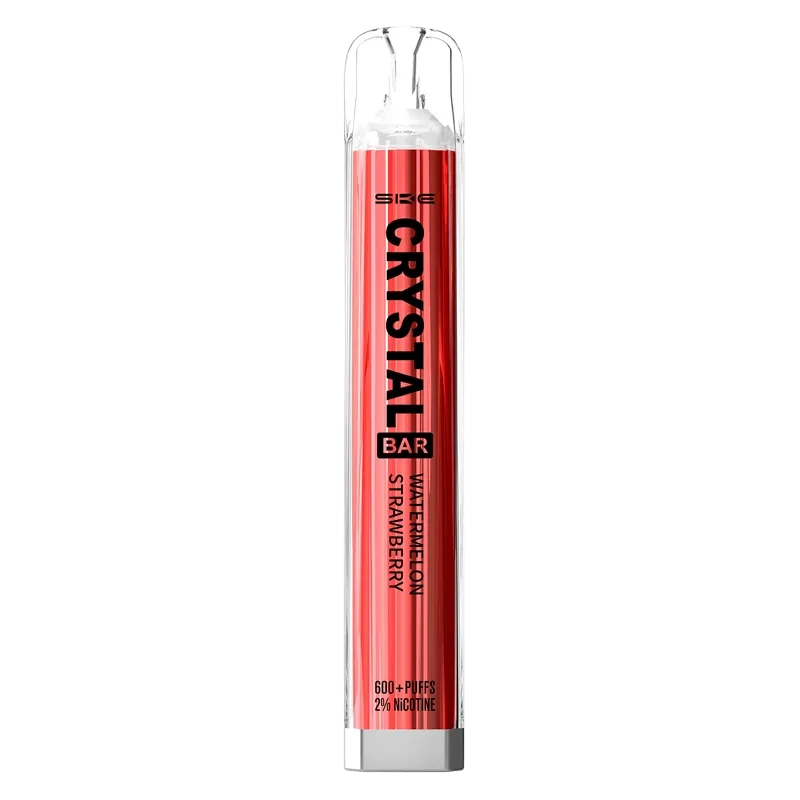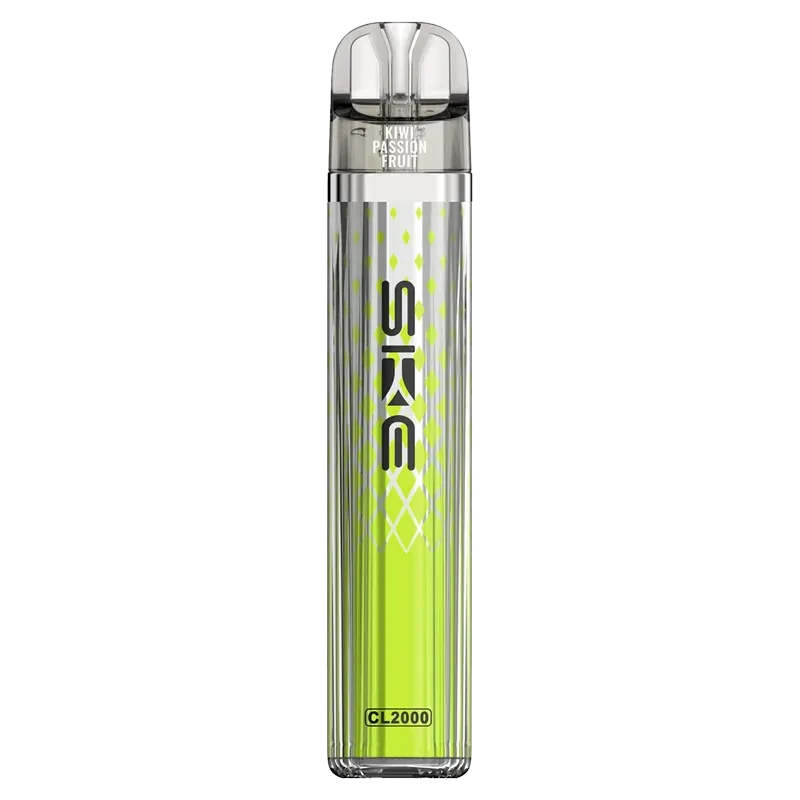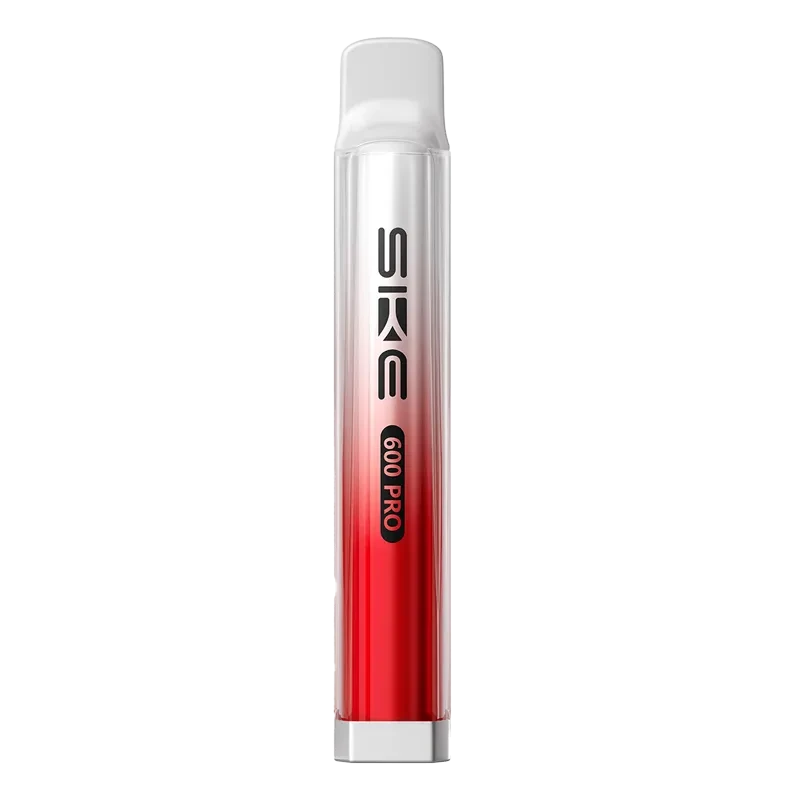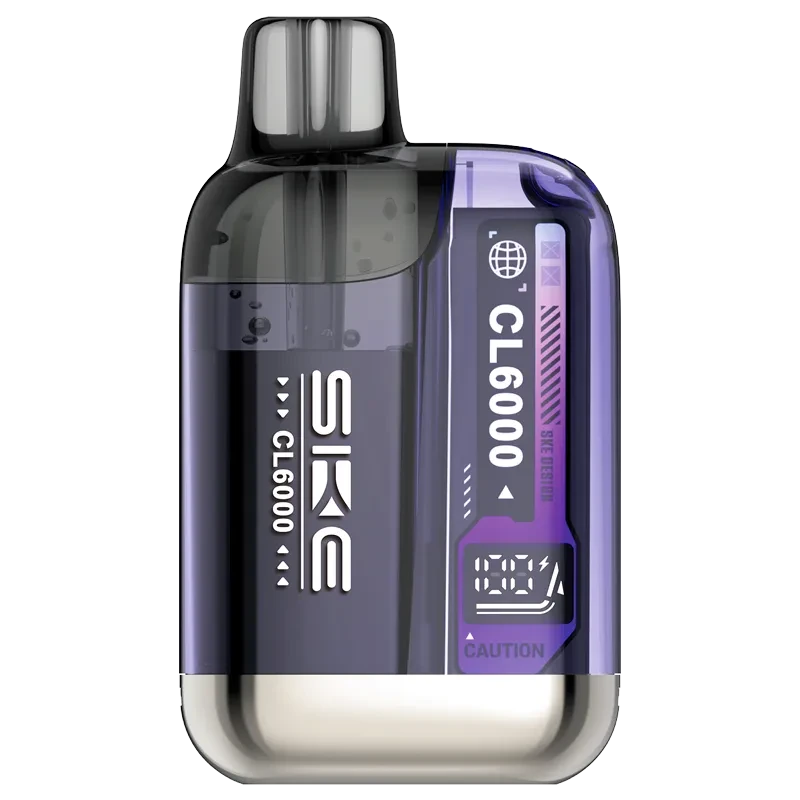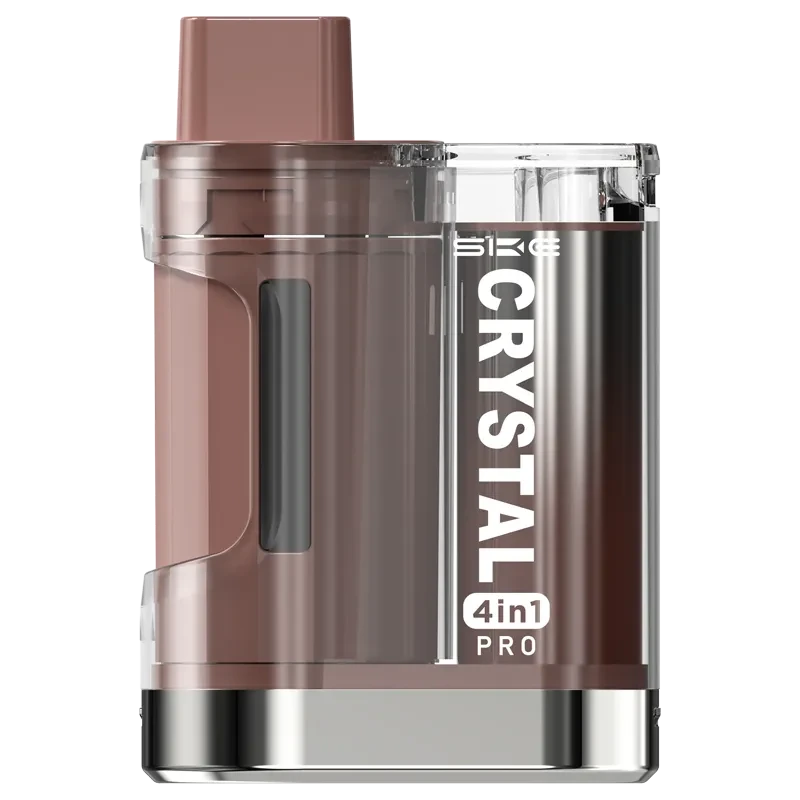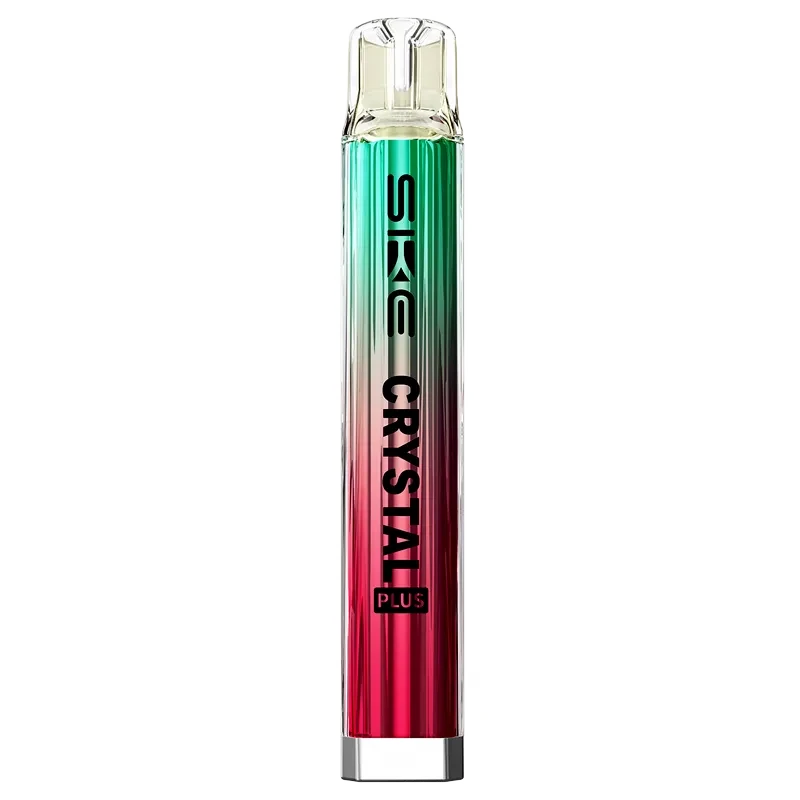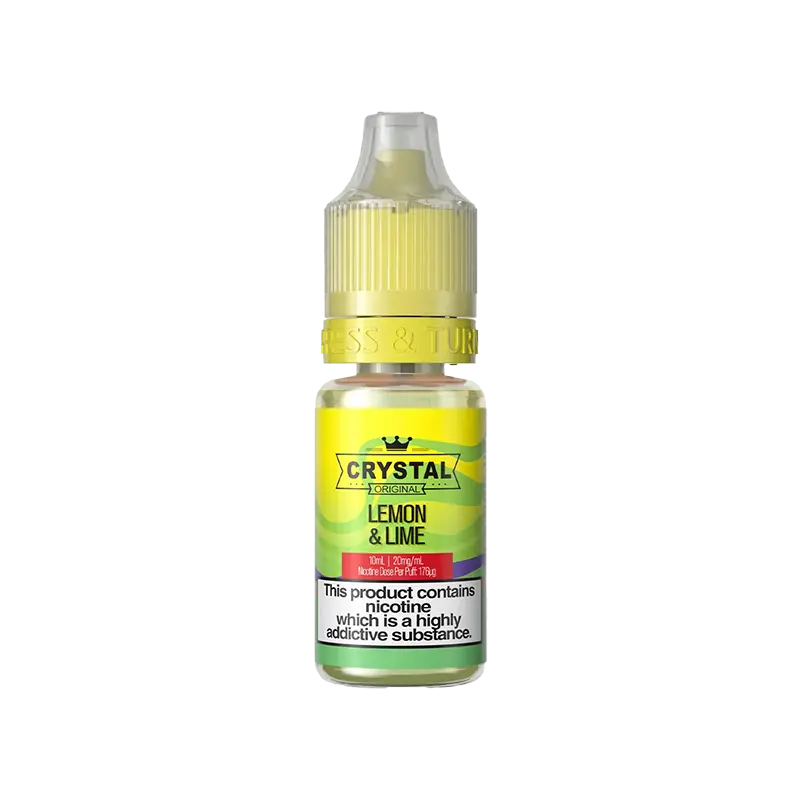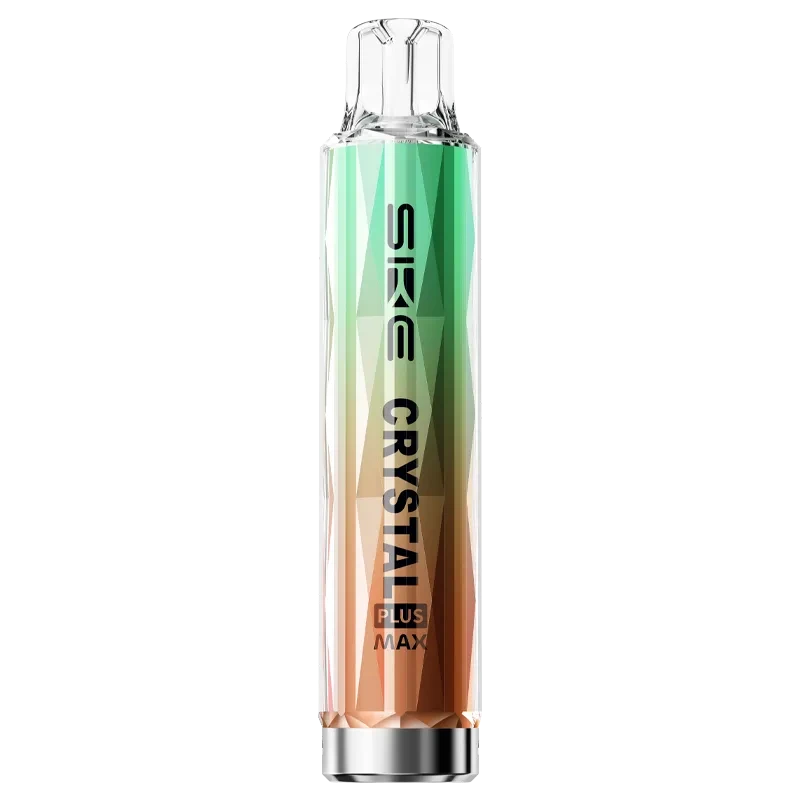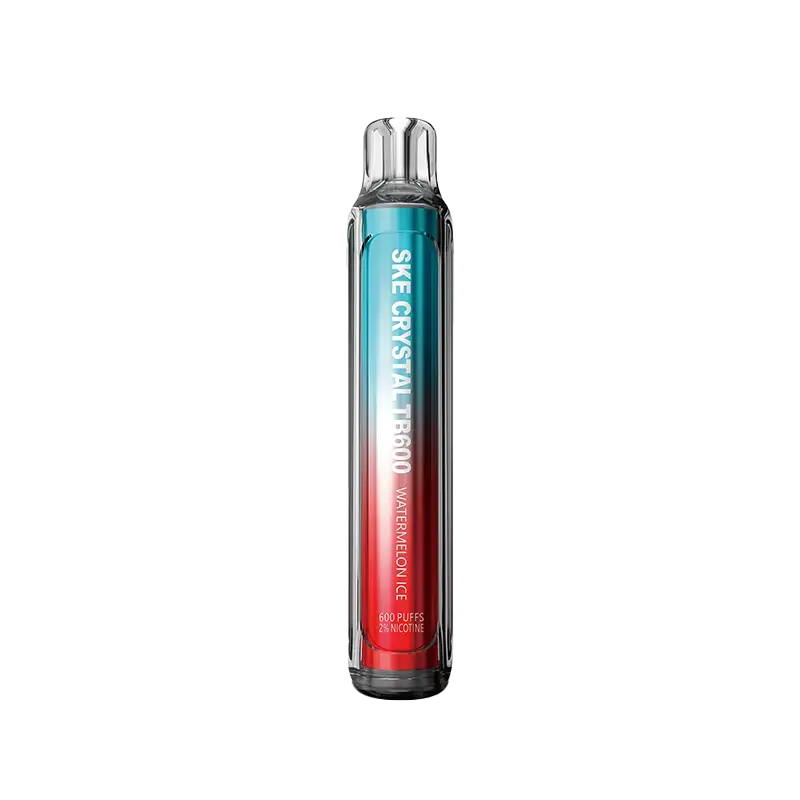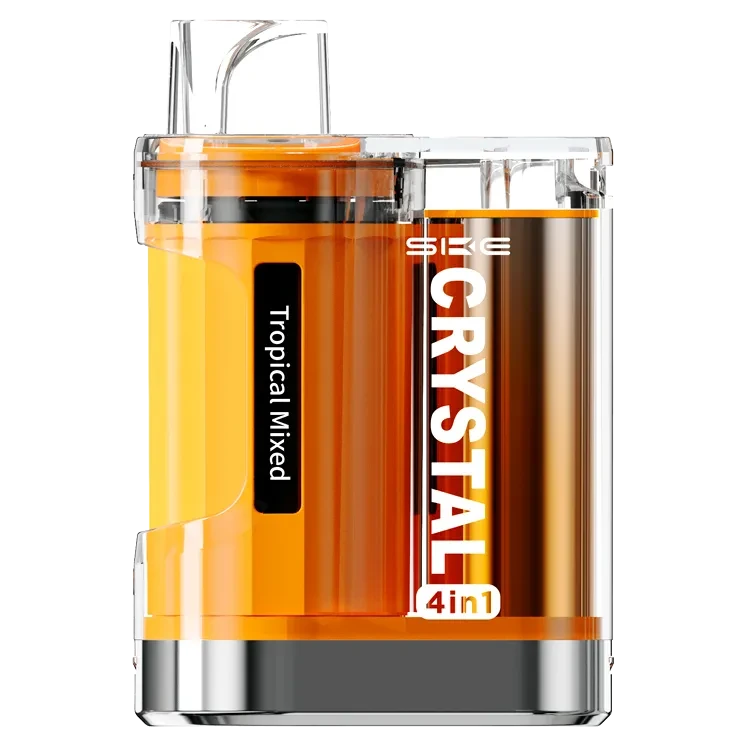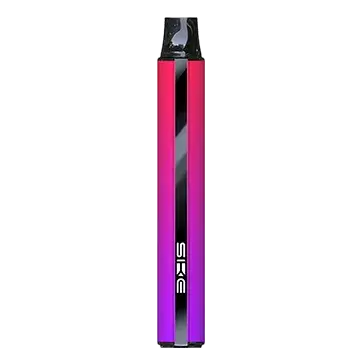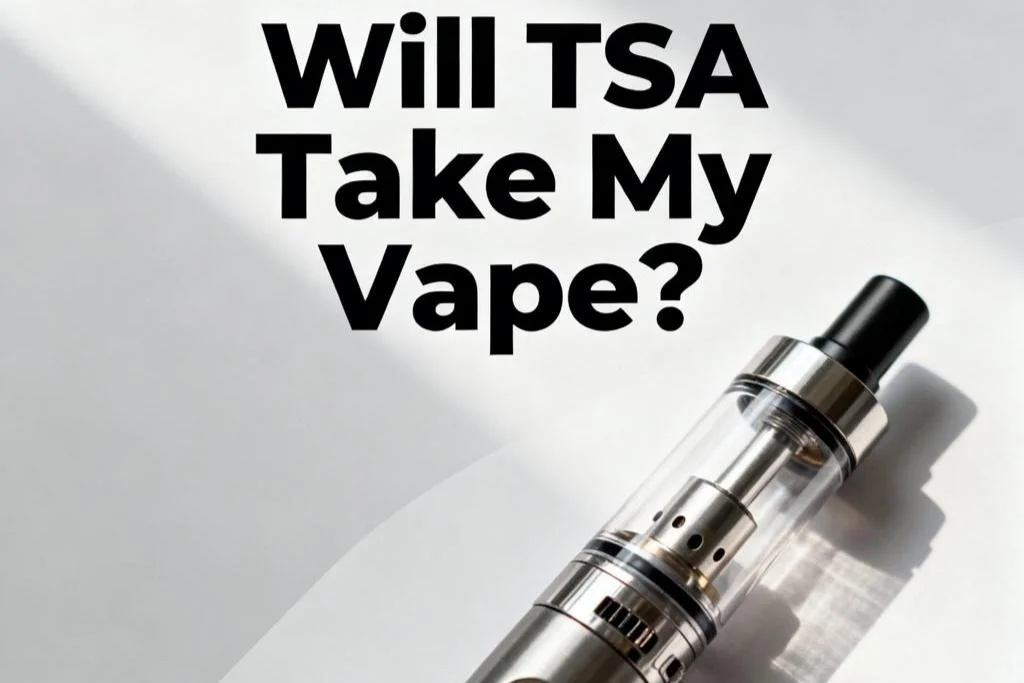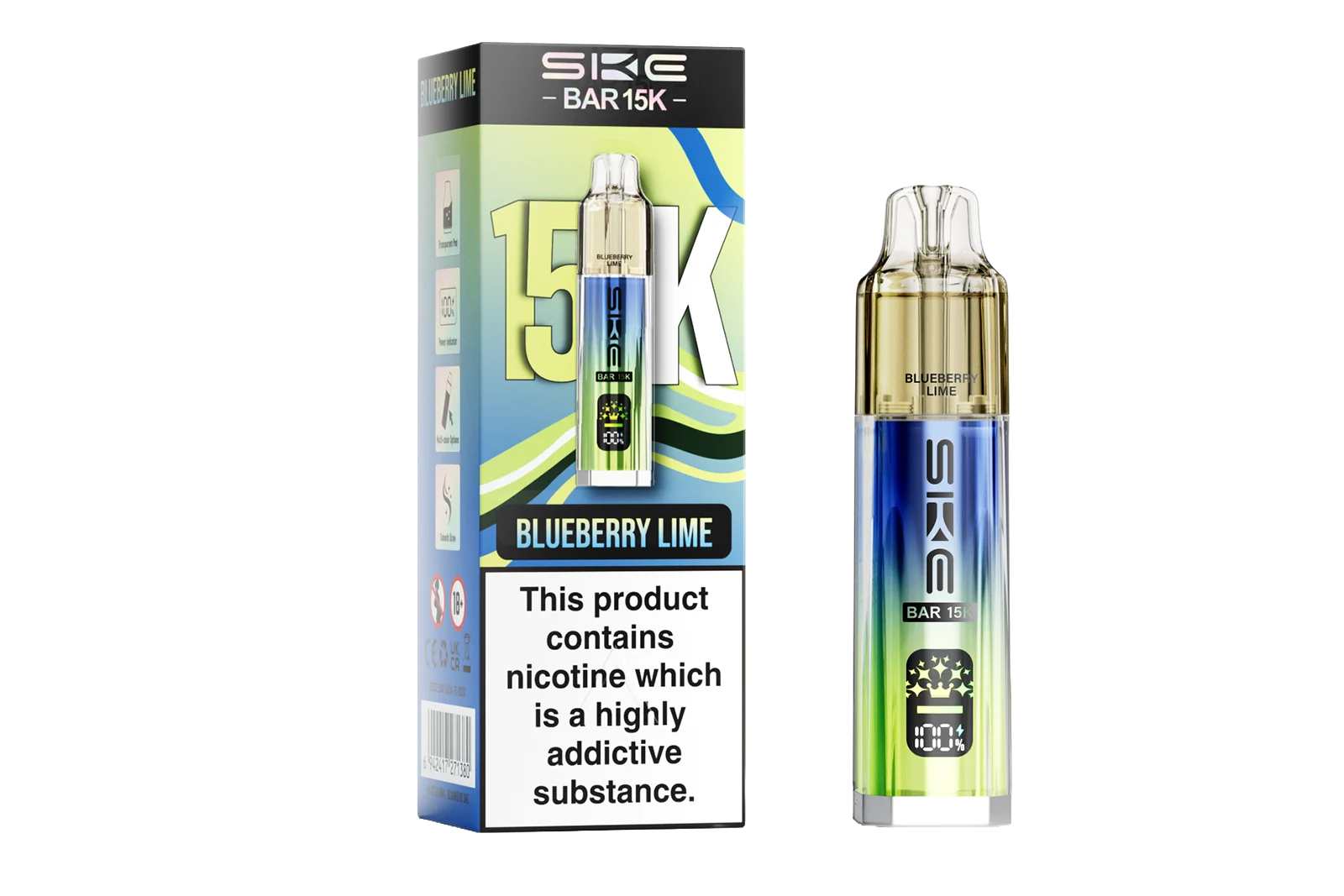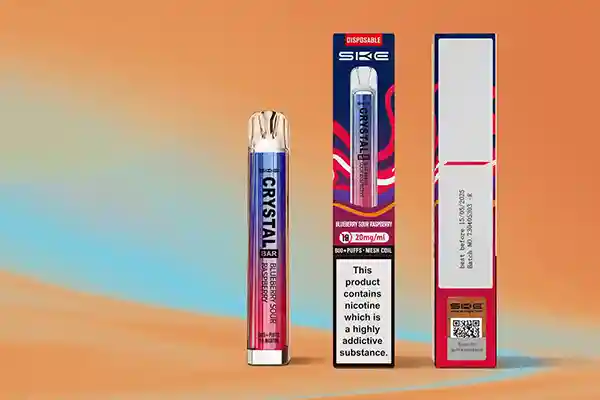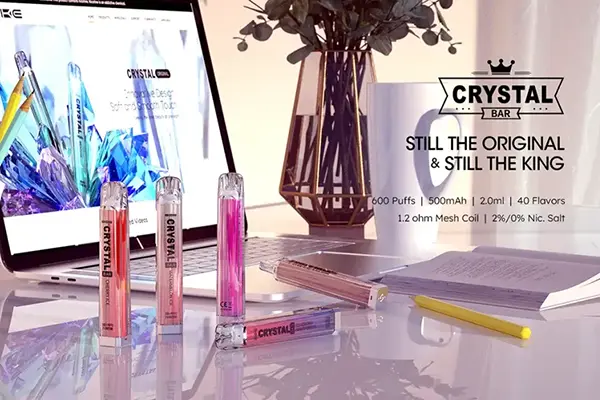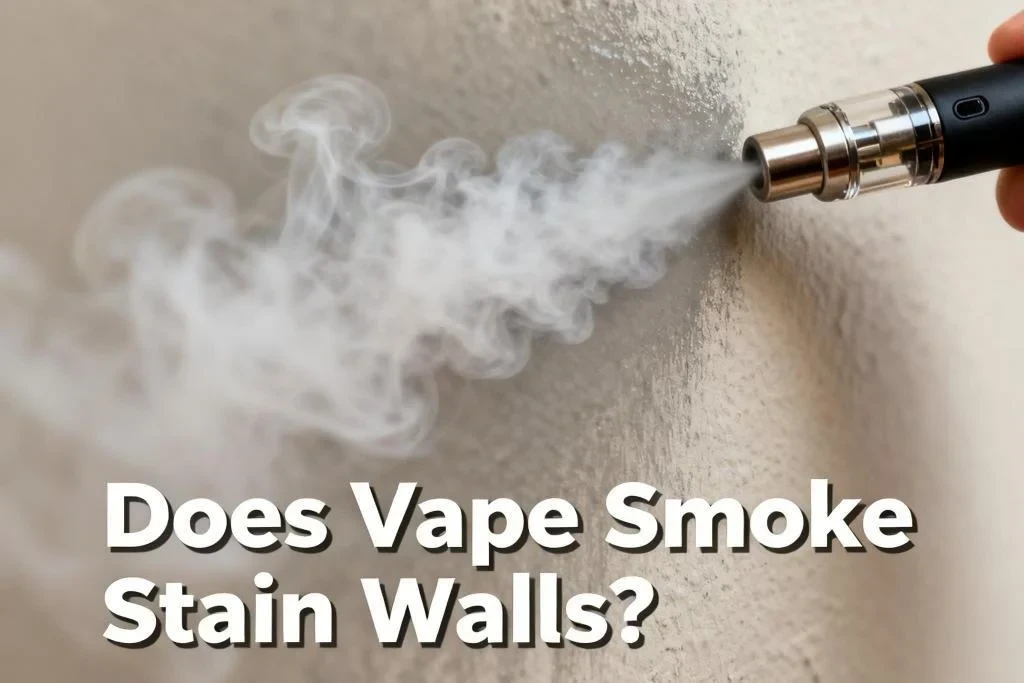WHAT DOES A VAPE RASH LOOK LIKE? SYMPTOMS YOU CAN'T IGNORE
You're cruising through your day, feeling good after a vape session, but suddenly, red, irritated skin patches have appeared. Could this be connected to your vaping? The mystery of "what does a vape rash look like" unfolds as these reactions can range from subtle red spots to more persistent bumps or even scaly patches. Curious yet? Let's unpack the signs of a vape rash and get to the bottom of why your skin might be acting up after vaping.

What Does a Vape Rash Look Like?
A vape rash can appear in many forms, and recognizing the signs early is fundamental.
1. Redness and Itching:
The most immediate and noticeable symptom of a vape rash is redness, often accompanied by persistent itching. The redness tends to emerge shortly after vaping, particularly in areas of the skin exposed to the vapor or where the skin has come into direct contact with the vaping device. The skin becomes inflamed, taking on a red or pink hue, which can vary in intensity depending on the individual's sensitivity to ingredients like propylene glycol (PG) or nicotine.
The itching sensation may start mildly, almost like a tickle, then can quickly escalate into an intense urge to scratch, which unfortunately tends to worsen the irritation and can lead to further skin damage if left unchecked. When the body recognizes these substances as foreign or harmful, it triggers an inflammatory response, causing the characteristic redness and the accompanying itchiness.
2. Bumps or Hives:
For those particularly sensitive or allergic to ingredients in vape liquids, such as PG or certain artificial flavorings, you may notice raised bumps forming on the skin, resembling tiny welts or hives. These bumps are usually clustered together in patches, creating an uneven texture that is both uncomfortable and unsightly.
Hives, another possible manifestation, are characterized by red, swollen welts that can vary in size, appearing suddenly and moving from one part of the body to another. If you've noticed that after vaping, your skin develops clusters of small, raised bumps — particularly around the hands, face, or neck — it could indicate an allergic reaction to one or more ingredients in your e-liquid. These bumps may also feel warm or tender to the touch, and while they're usually harmless, scratching them can lead to infection or scarring if the skin breaks.

3. Dry or Flaky Skin:
It's often in areas frequently exposed to the vapor or even just the heat from your vaping product. If you've ever noticed your skin starting to feel tight, rough, or even cracked after a long day of vaping, it could be your body's way of telling you that it's having a hard time coping with the substances in your e-liquid. The heat produced by vaping devices can contribute to drying out your skin, as can some of the ingredients in your vape juice, particularly propylene glycol, known for drawing moisture out of the skin.
As a result, skin that was once smooth and supple can become flaky and scaly, contributing to discomfort that only gets worse over time. The dryness can be particularly aggravating in colder weather when the skin is already more prone to drying out, and it can make existing conditions like eczema or dermatitis flare up.
4. Blisters or Scaling:
In more severe cases of vape rash, blisters or scaling may develop, indicating a more serious reaction to the substances in your vape juice or a prolonged exposure to high heat from your device. Blisters are fluid-filled pockets that form on the skin as a protective response to irritation or friction, and when they appear after vaping, they're a clear sign that your skin is in distress.
Scaling, on the other hand, refers to patches of skin that become thickened and hardened over time, often due to chronic irritation. It can make the skin feel rough to the touch, and in some cases, the scales may even crack, leading to further discomfort. These symptoms are more likely to occur if you've been vaping for an extended period without taking breaks or if you've continued to use a particular e-liquid despite noticing earlier signs of irritation.

How Long Does Vape Rash Last?
The length of time a vape rash lasts depends on the severity of the reaction and how quickly you address the cause. In most cases, mild rashes triggered by temporary irritation — such as from ingredients like propylene glycol (PG) or nicotine — should start to fade within a few days.
However, if the rash is from an allergic reaction, recovery might stretch a bit longer. Even after stopping the use of the offending e-liquid, your body may take a few days to process the allergen. The rash might persist during this time but should gradually improve as your immune system calms down.
For more severe reactions — such as blisters, hives, or scaling — the healing process can take up to two weeks, especially if the rash has been aggravated by scratching or further exposure to the vapor. You may need to consult a dermatologist for stronger medication to control the symptoms.
If you find that the vape rash isn't improving after a week, or getting worse, it's best to seek medical advice. Chronic or recurring rashes could signal a deeper sensitivity, which may require long-term changes in your vaping habits or a switch to a different type of e-liquid.

How to Get Rid of Vape Rash?
Getting rid of a rash from vaping requires a combination of quick action, skincare, and sometimes adjusting your vaping habits. Here are several steps you can take to help your skin heal faster and prevent future vaping rashes.
1. Stop Using the Suspected E-Liquid or Device
The first and most important step is to stop using the particular e-liquid immediately. Whether it's an ingredient in the e-liquid, such as propylene glycol (PG), nicotine, or a flavoring, continuing to use the same one will only worsen the irritation. Switching to a vape juice with fewer irritants, such as those with higher vegetable glycerin (VG) content, can reduce the chances of triggering further allergic reactions or skin irritation.
2. Cleanse and Moisturize the Affected Area
Cleanse the area gently with mild, fragrance-free soap and lukewarm water to prevent further irritation, then softly pat it dry with a towel to avoid aggravating the rash. Follow up with a gentle moisturizer to help restore the skin's natural barrier and prevent dryness, which can worsen the rash. Opt for a fragrance-free, hypoallergenic moisturizer to minimize the risk of further reactions.
3. Apply Over-the-Counter Treatments
Apply an over-the-counter (OTC) hydrocortisone cream to soothe inflammation and itching, which can help reduce both redness and swelling. Antihistamine creams or oral antihistamines, like diphenhydramine (Benadryl), can also be effective if the rash is due to an allergic reaction. Be sure to follow the instructions on the packaging, and if the rash doesn't improve after a few days, it may be time to consult a healthcare professional.
4. Take a Break from Vaping
While treating the vaping rash, it's wise to take a break from vaping altogether. Even if you've switched to a new vaping product, your skin may need time to recover without being exposed to any potential irritants. Taking a few days off from vaping can prevent further irritation and allow your skin to heal more quickly.
5. Consult a Dermatologist if Symptoms Persist
If the rash doesn't improve or worsen despite stopping the suspected cause, it's time to see a dermatologist. A doctor can help diagnose the rash more accurately and may prescribe stronger medications, such as corticosteroid creams or oral antihistamines, to reduce severe inflammation. They can also perform allergy tests to pinpoint the exact ingredient that may be causing the reaction, helping you avoid it in the future.
6. Hydrate and Maintain Skin Health
While addressing the rash from vaping, staying hydrated and maintaining good overall skin health is important. Drinking plenty of water keeps your skin moisturized from the inside out, which can help speed up the healing process. Using gentle skincare products and avoiding harsh exfoliants can prevent further damage to sensitive skin. For those prone to dry skin, regularly applying moisturizers free from fragrances and chemicals can be an added layer of protection.
7. Consider Switching to Hypoallergenic Products
Switching to hypoallergenic vape products can help prevent future rashes if your skin is sensitive or reactive. Look for e-liquids with higher VG content, as VG is generally less irritating than PG. Additionally, you may opt for unflavored e-liquids or those with natural flavorings to reduce the risk of allergic reactions to artificial ingredients. Also, consider using vape devices that emit lower heat, as high temperatures can exacerbate skin dryness and irritation.

In conclusion, understanding "what does a vape rash look like" is essential for recognizing and addressing skin irritation caused by vaping. A vape rash can vary from mild redness and itching to more severe cases involving bumps, blisters, or scaling. The good news is that with the right steps — like identifying and avoiding irritants, proper skin care, and consulting a doctor if necessary — you can manage the symptoms and prevent further issues. Pay attention to your skin's reaction and act quickly to keep enjoying vaping without the discomfort of a rash!
TABLE OF CONTENTS
- What Does a Vape Rash Look Like?
- 1. Redness and Itching:
- 2. Bumps or Hives:
- 3. Dry or Flaky Skin:
- 4. Blisters or Scaling:
- How Long Does Vape Rash Last?
- How to Get Rid of Vape Rash?
- 1. Stop Using the Suspected E-Liquid or Device
- 2. Cleanse and Moisturize the Affected Area
- 3. Apply Over-the-Counter Treatments
- 4. Take a Break from Vaping
- 5. Consult a Dermatologist if Symptoms Persist
- 6. Hydrate and Maintain Skin Health
- 7. Consider Switching to Hypoallergenic Products
